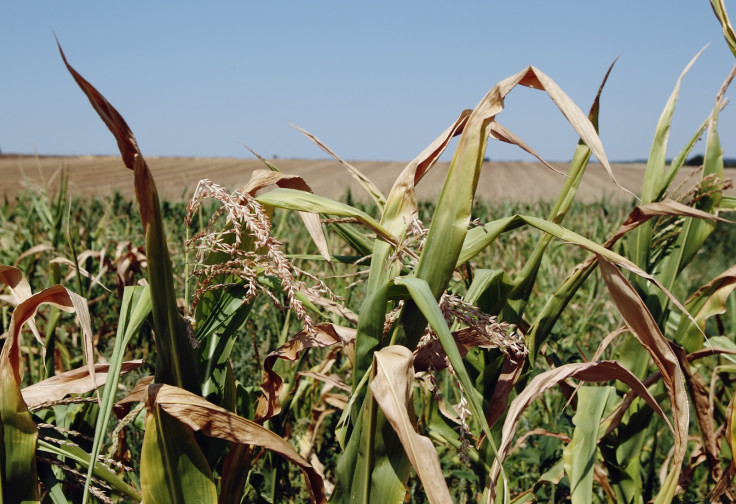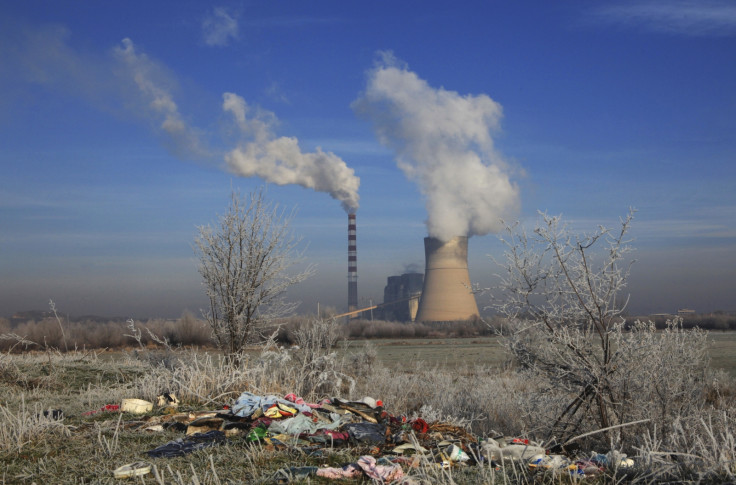Global warming to stunt plant growth by 11% by 2100 with 'dire consequences'

Global warming will stunt plant growth by an average of 11% by the end of the century, scientists have said.
Researchers from the University of Hawaii at Mānoa's College of Social Sciences have found climate change will lead to huge declines in plant growing days by 2100 in the poorest countries on the planet.
The team, publishing their findings the journal PLOS Biology, used satellite data to look at the ranges of temperatures, soil moisture and light along with climate projections to count the number of days a year that will fall within the suitable climate ranges for plant growth. Scientists used "business as usual" climate projections, where emissions are not curbed.
Lead author Camilo Mora said: "Those that think climate change will benefit plants need to see the light, literally and figuratively. A narrow focus on the factors that influence plant growth has led to major underestimations of the potential impacts of climate change on plants, not only at higher latitudes but more severely in the tropics, exposing the world to dire consequences."
Previously, it was thought a potential benefit of global warming was that plants in northern latitudes will thrive as a result of temperature rises. However, this assumption does not take into account solar radiation, drought and the possibility that temperatures will surpass plant tolerances.

Study co-author Jamie Caldwell said: "Although plants that have already adapted to live in extreme hot and dry conditions could fare well under a warming planet, the challenge will be for tropical agricultural and forest ecosystems to adapt to conditions that will likely surpass what they can currently tolerate."
While some northern regions, including Russia, China and Canada, can expect increased plant growth, the biggest impacts will be felt in the world's poorest countries.
Scientists estimate that approximately 2.1 billion people will be highly vulnerable to the projected changes – areas where people depend heavily on plants for food, jobs and revenue.
"Climate change will have disproportional impacts on the poorest in the world," said Micah Fisher, another co-author of the study. "Our analysis showed, for example, dramatic potential human impacts on the Sahel and on certain pacific islands. If subsistence farmers in the Sahel lose half of their growing days for plant crops, it will be hard for them to feed their families."
In areas worst affected, the team estimate there could be a reduction of up to 200 plant growing days per year.
However, the researchers said that even modest reductions in greenhouse gas emissions could prevent such changes: "Changes in suitable plant growing days are projected to be less severe under strong and moderate mitigation scenarios, underscoring the importance of reducing emissions to avoid such disproportionate impacts on ecosystems and people," the authors conclude.
© Copyright IBTimes 2024. All rights reserved.






